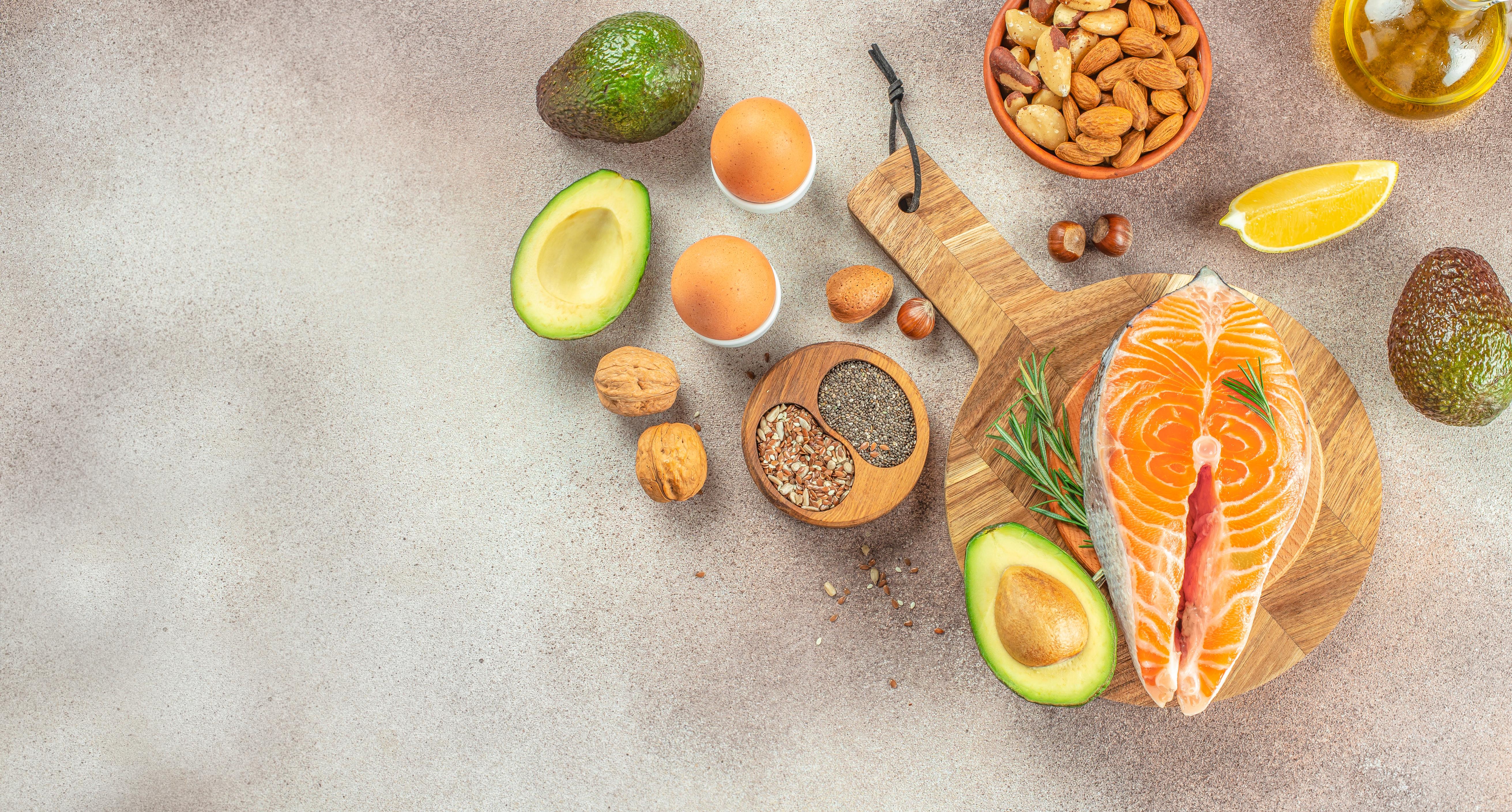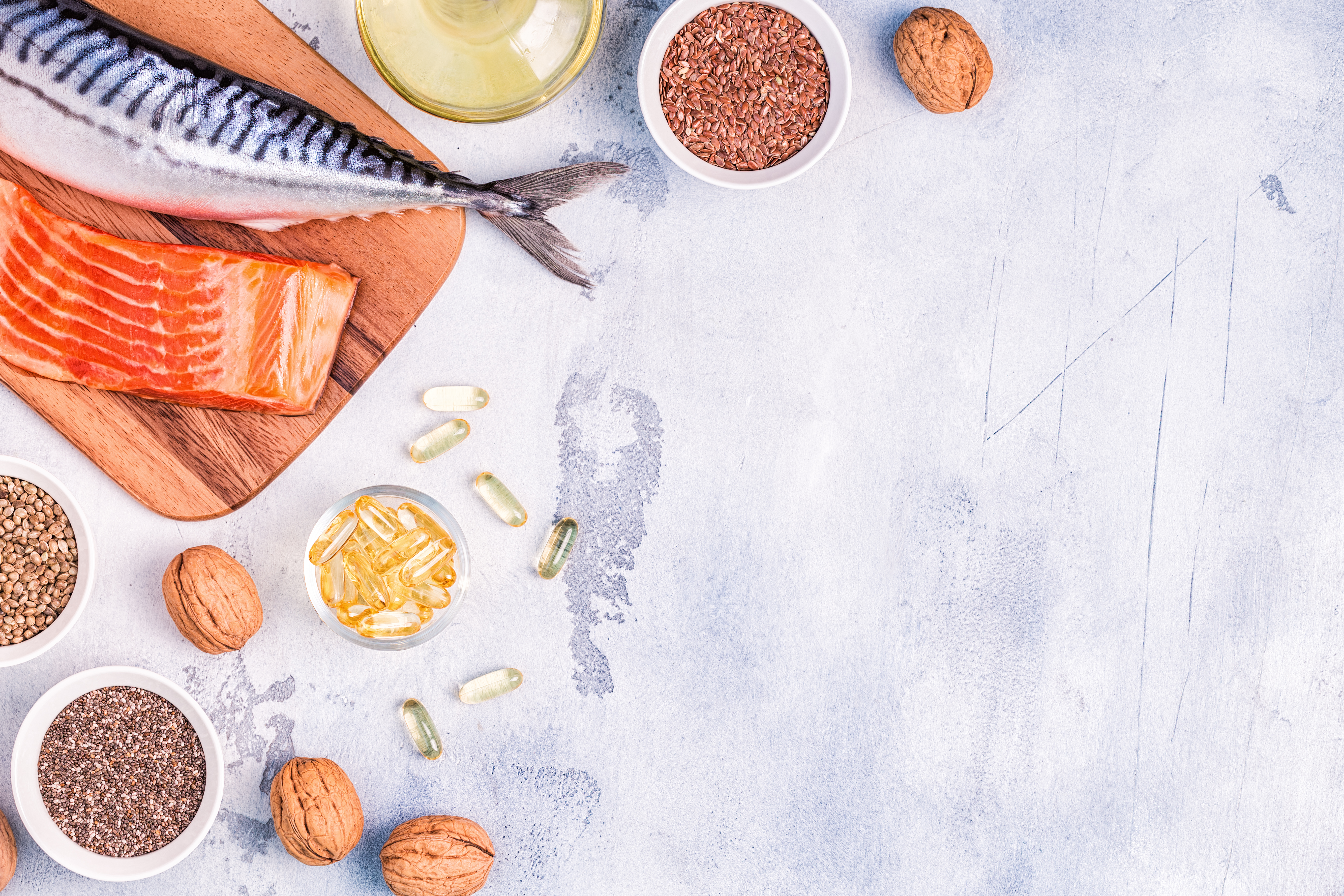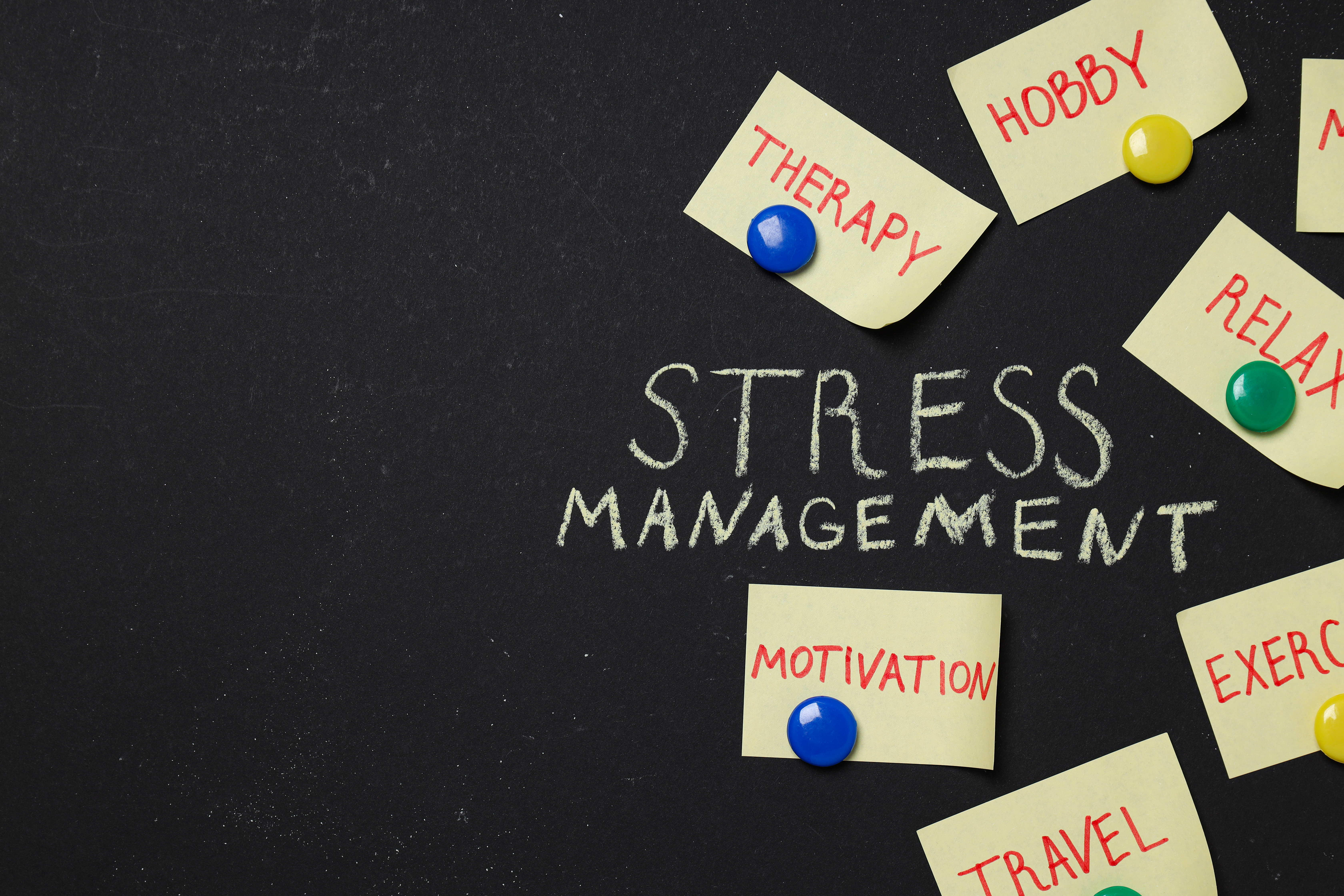9 Remarkable Tips to Naturally Melt Away Cholesterol for a Healthier Lifestyle
Cholesterol, a waxy substance found in your blood, is essential for building healthy cells, but excessive amounts can lead to serious health issues. While the body naturally produces cholesterol, dietary habits significantly impact its levels. High cholesterol is a major risk factor for heart disease, the leading cause of death globally. Understanding the balance between low-density lipoprotein (LDL), often labeled as 'bad' cholesterol, and high-density lipoprotein (HDL), known as 'good' cholesterol, is crucial. LDL contributes to fatty buildups in arteries, whereas HDL helps remove cholesterol from the bloodstream. This article explores nine remarkable tips to naturally reduce cholesterol levels, promoting a healthier lifestyle. By integrating these strategies, you can effectively manage cholesterol, reducing the risk of cardiovascular diseases and improving overall health.
Embrace a Heart-Healthy Diet

One of the most effective ways to lower cholesterol naturally is through a heart-healthy diet. Focus on consuming foods rich in soluble fiber, such as oats, beans, lentils, and fruits like apples and pears. Soluble fiber helps reduce the absorption of cholesterol into the bloodstream. Incorporating healthy fats, such as those found in avocados, nuts, and olive oil, can also promote heart health by increasing HDL levels. Limiting saturated fats found in red meat and full-fat dairy products is crucial, as these can raise LDL cholesterol. Additionally, avoiding trans fats, often found in processed foods and baked goods, can further protect your heart. By making these dietary changes, you can take a significant step towards naturally lowering cholesterol levels.
Regular Physical Activity

Engaging in regular physical activity is a powerful way to lower cholesterol and improve heart health. Exercise helps raise HDL cholesterol while lowering LDL cholesterol and triglycerides. Aim for at least 150 minutes of moderate aerobic exercise or 75 minutes of vigorous activity each week. Activities such as brisk walking, cycling, swimming, or dancing can be enjoyable ways to meet these goals. Strength training exercises, performed at least twice a week, can also help manage cholesterol by building muscle mass and burning fat. Regular physical activity not only aids in cholesterol management but also helps control weight, reduce blood pressure, and improve overall cardiovascular fitness.
Maintain a Healthy Weight

Achieving and maintaining a healthy weight is crucial in managing cholesterol levels. Excess body weight can contribute to higher LDL cholesterol and lower HDL cholesterol. Losing even a small amount of weight can have a significant impact on cholesterol and overall heart health. Focus on gradual, sustainable weight loss through a combination of a balanced diet and regular exercise. Monitoring portion sizes, reducing caloric intake, and choosing nutrient-dense foods can aid in weight management. Additionally, setting realistic goals and tracking progress can provide motivation and accountability. By maintaining a healthy weight, you can positively influence cholesterol levels and reduce the risk of heart disease.
Quit Smoking

Smoking has a detrimental effect on cholesterol levels and overall heart health. It lowers HDL cholesterol, increases LDL cholesterol, and damages the lining of blood vessels, making them more susceptible to plaque buildup. Quitting smoking can improve HDL cholesterol levels and reduce the risk of heart disease. Within weeks of quitting, blood circulation and lung function improve, and within a year, the risk of heart disease is significantly reduced. Support from healthcare professionals, nicotine replacement therapies, or smoking cessation programs can increase the chances of successfully quitting. By eliminating smoking from your lifestyle, you can enhance cholesterol management and protect your heart.
Limit Alcohol Consumption

Moderate alcohol consumption has been associated with higher HDL cholesterol levels, but excessive drinking can lead to serious health problems, including increased cholesterol levels. It is important to consume alcohol in moderation, defined as up to one drink per day for women and up to two drinks per day for men. Excessive alcohol intake can lead to weight gain, high blood pressure, and increased triglycerides, all of which negatively impact cholesterol levels. If you do not drink alcohol, there is no need to start for the sake of cholesterol management. For those who choose to drink, moderation is key to maintaining a healthy lifestyle and managing cholesterol.
Incorporate Omega-3 Fatty Acids

Omega-3 fatty acids, found in fatty fish like salmon, mackerel, and sardines, have been shown to lower triglycerides and reduce the risk of heart disease. These healthy fats do not directly lower LDL cholesterol but can provide other heart health benefits. Including fish in your diet at least twice a week can increase omega-3 intake. For those who do not consume fish, omega-3 supplements or plant-based sources such as flaxseeds, chia seeds, and walnuts can be beneficial. By incorporating omega-3 fatty acids into your diet, you can support heart health and contribute to the natural management of cholesterol levels.
Choose Plant Sterols and Stanols

Plant sterols and stanols are naturally occurring substances found in small amounts in many fruits, vegetables, nuts, and seeds. They have a similar structure to cholesterol and can help block its absorption in the intestines. Consuming foods fortified with plant sterols and stanols, such as certain margarines, orange juice, and yogurt drinks, can effectively lower LDL cholesterol. Studies suggest that consuming about 2 grams of plant sterols or stanols daily can reduce LDL cholesterol by about 5 to 15 percent. By incorporating these foods into your diet, you can take advantage of their cholesterol-lowering properties and support heart health.
Manage Stress Effectively

Chronic stress can negatively impact cholesterol levels and overall heart health. When stressed, the body releases hormones that can increase cholesterol and triglyceride levels. Finding effective ways to manage stress is crucial for maintaining a healthy lifestyle. Techniques such as mindfulness meditation, yoga, deep breathing exercises, and regular physical activity can help reduce stress. Additionally, ensuring adequate sleep, maintaining a balanced diet, and fostering strong social connections can contribute to stress management. By addressing stress, you can positively influence cholesterol levels and enhance overall well-being.
Regular Health Check-Ups

Regular health check-ups are essential for monitoring cholesterol levels and overall heart health. Routine blood tests can provide valuable information about your cholesterol levels, allowing you to make informed decisions about lifestyle changes. Discussing cholesterol management with healthcare professionals can provide personalized recommendations and support. They may suggest additional strategies, such as medication, if lifestyle changes alone are insufficient. Staying informed about your cholesterol levels and taking proactive steps to manage them can significantly reduce the risk of heart disease. By prioritizing regular health check-ups, you can maintain control over your cholesterol and support a healthier lifestyle.
A Holistic Approach to Cholesterol Management

Managing cholesterol naturally requires a holistic approach that encompasses diet, exercise, lifestyle changes, and regular health monitoring. By embracing a heart-healthy diet, engaging in regular physical activity, and maintaining a healthy weight, you can effectively lower cholesterol levels. Quitting smoking, limiting alcohol consumption, and incorporating omega-3 fatty acids and plant sterols can further support heart health. Managing stress and prioritizing regular health check-ups are also crucial components of a comprehensive cholesterol management plan. By integrating these nine remarkable tips into your lifestyle, you can reduce cholesterol levels, enhance heart health, and enjoy a healthier, more vibrant life.
